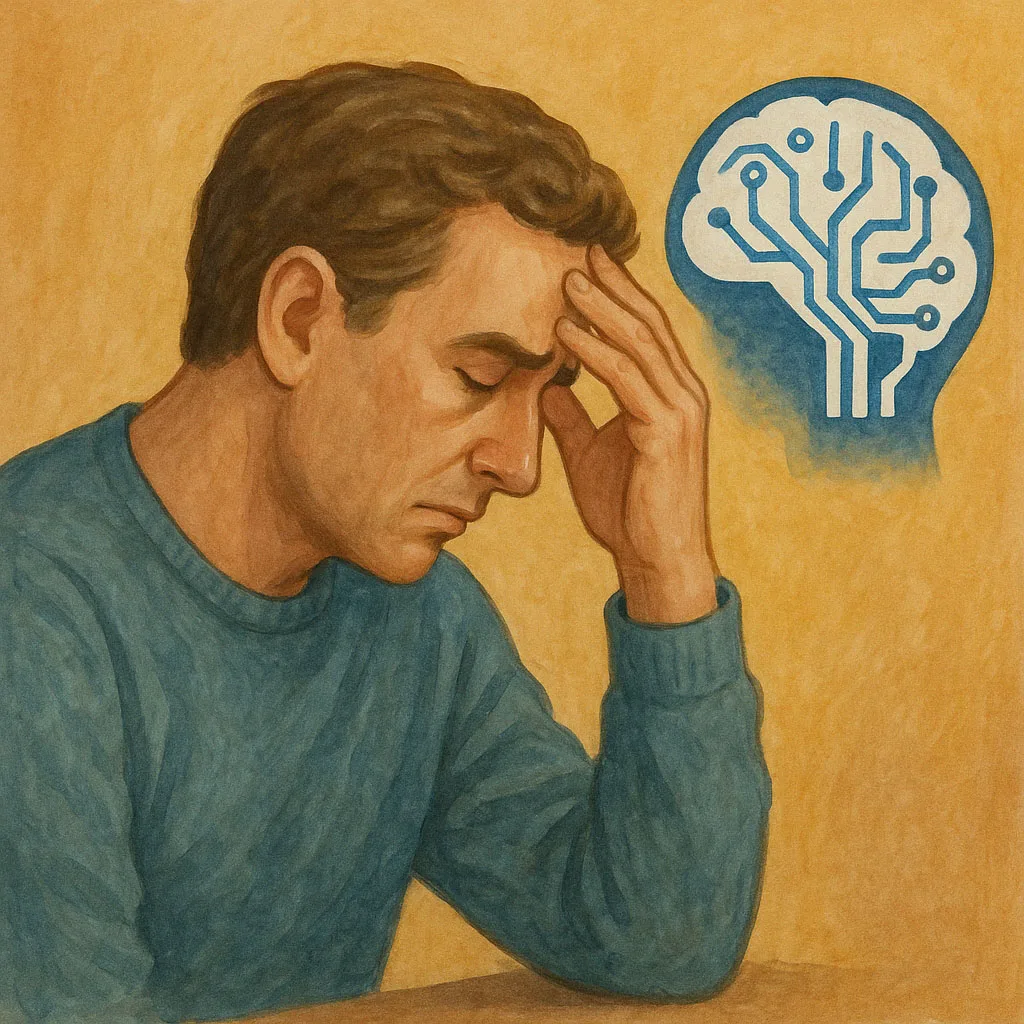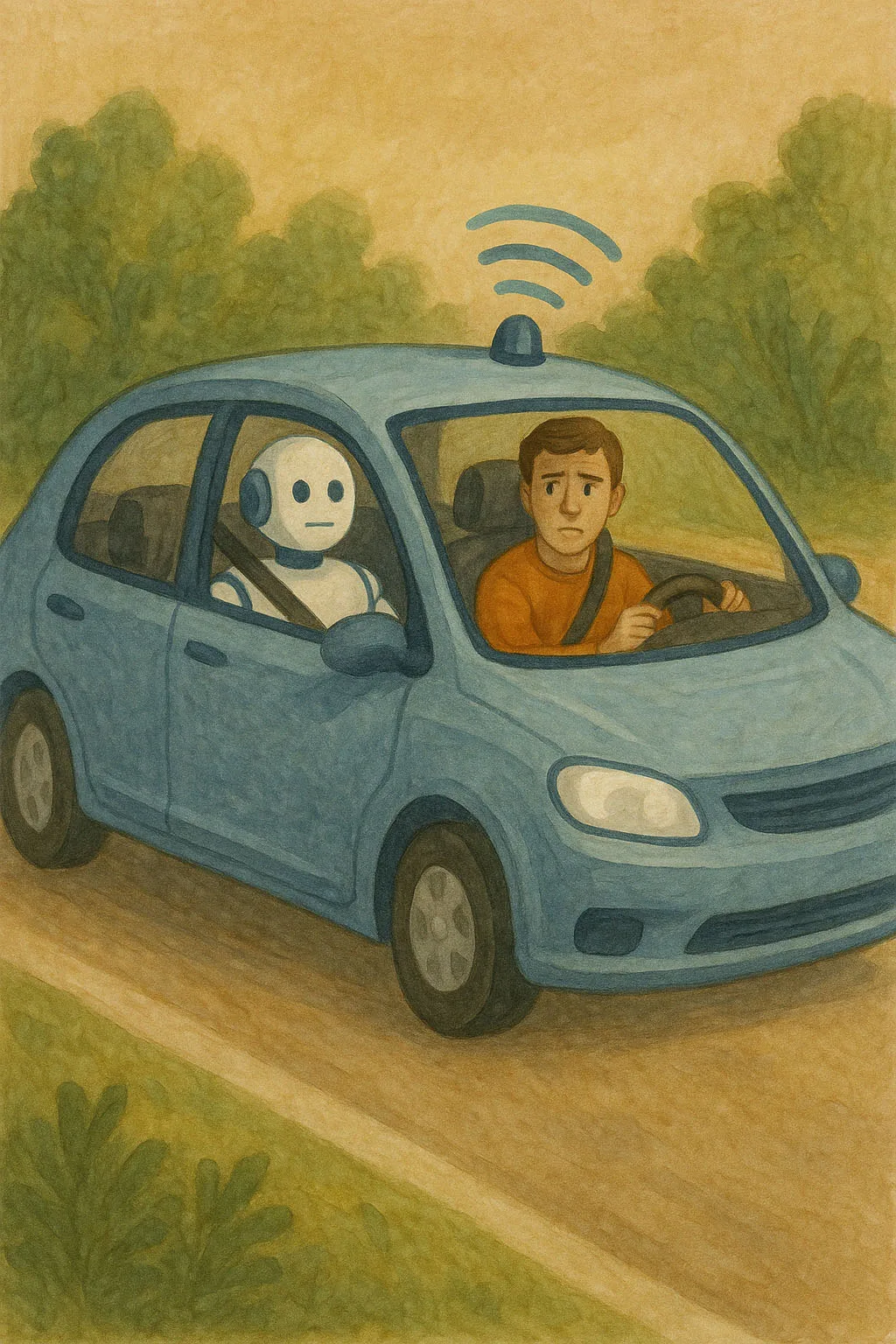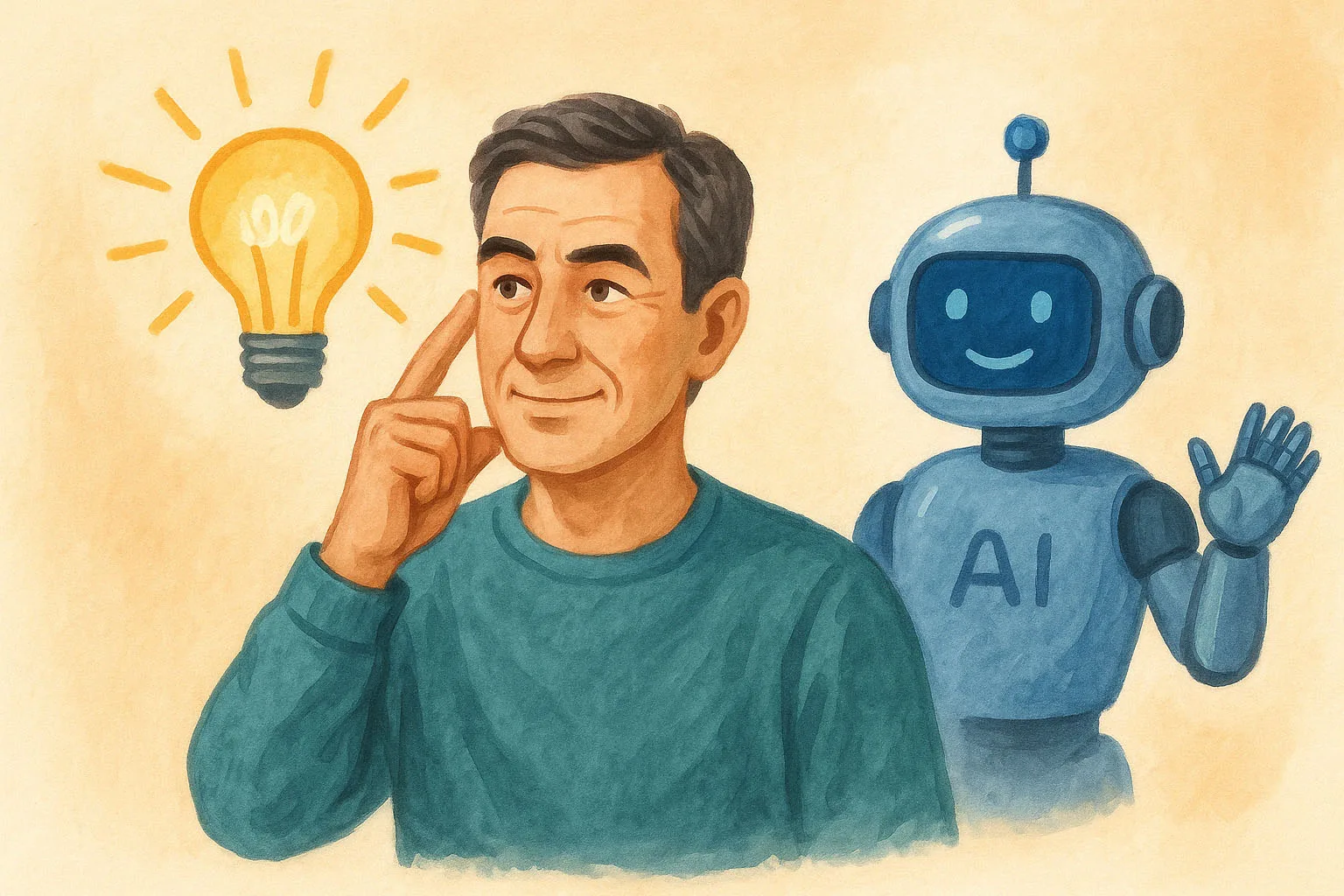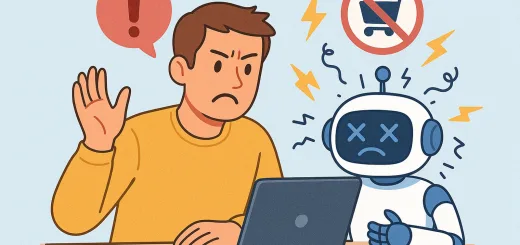Cognitive Skills Decline: The Hidden Cost of Outsourcing Your Thinking to AI

Why mindful AI use can prevent cognitive skills decline and why it matters more than ever in the age of automation.
Is AI Making Us Smarter—Or Just More Dependent?
“Artificial intelligence was eating my brain.”
That startling quote from Sam Schechner, a seasoned tech reporter for The Wall Street Journal, isn’t just a catchy line—it’s a wake-up call.
Schechner, who lives in Paris, found himself leaning heavily on AI tools like ChatGPT to help draft emails in French. At first, it seemed harmless. Efficient, even. But before long, he realized something troubling: he was experiencing cognitive skills decline, particularly in a language he had worked hard to master.
“I felt my brain get a little rusty,” he wrote. “I was surprised to find myself grasping for the right words to ask a friend for a favor over text.”
What began as a productivity hack became an unexpected case of cognitive skills decline and offloading—and it’s something more and more of us are facing in the AI era.
The Science Behind Cognitive Skill Decline and Offloading

Cognitive offloading is the psychological term for offloading mental tasks to external tools, like AI, GPS, or even a simple calculator. It’s not inherently bad. In fact, it’s one of the ways humans adapt and thrive in modern environments.
But here’s the catch: too much cognitive offloading leads to cognitive skills decline, especially in areas like memory, critical thinking, and language.
- A Carnegie Mellon–Microsoft study found that people who frequently relied on AI for decision-making performed worse on critical thinking tasks.
- Another academic paper found that students who leaned heavily on AI like ChatGPT experienced memory issues and saw their grades drop.
In short, the more we let AI do the mental heavy lifting, the less practice our brain gets at staying sharp.
Thought and Language: A Blurry Line Worth Watching
Language is deeply tied to how we think. And tools like ChatGPT, powered by large language models (LLMs), are specifically designed to take care of language for us.
But that convenience comes with a tradeoff, and the potential pitfalls may lead to cognitive skills decline.
As Robert Sternberg, a psychology professor at Cornell, told The Wall Street Journal, “With creativity, if you don’t use it, it starts to go away.”
So, when we let AI take over writing, thinking, or planning for us—especially without intention or review—we’re handing over more than just tasks. We may be handing over pieces of our own cognitive resilience.
What Happens When We Let AI Do the Driving?

This problem isn’t limited to language. Consider GPS.
In 2020, neuroscientist Louisa Dahmani at Massachusetts General Hospital published a study revealing that frequent GPS users had weakened spatial memory. Why? Because they stopped engaging the part of the brain responsible for navigation – a classic case of cognitive skills decline as a result of heavy reliance in modern technology, and AI-centric systems.
Dahmani’s warning applies just as much to AI-powered productivity tools:
“While it’s possible to use these tools in a mindful manner, I think that most of us will take the path of least resistance.”
At ProdigyProductivity.com, we get it—it’s easy to default to AI. It’s fast, impressive, and yes, sometimes even magical. But when you automate everything, you may end up dulling the very skills you once worked hard to sharpen.
Don’t Fear AI—Use It Wisely to Stay Empowered

Here’s the good news: You don’t need to fear cognitive skills decline if you’re using AI intentionally.
Like any tool, AI is only as useful as the human behind it. We don’t warn you to ditch ChatGPT, Gemini, or other AI tools completely. We encourage you to use them with awareness, balance, and a growth mindset.
Here are actionable tips you can do today to arrest any potential cognitive skills decline that you and those around you may experience:
1. Co-Create With AI, Don’t Fully Outsource
If you’re writing an email in a second language, use AI for grammar support—but write the first draft yourself. Make it your voice.
2. Fact-Check AI Output
Don’t just copy and paste. Check the logic, source your data, and ensure you understand the final output. Make it your own.
3. Use AI to Level Up—Not Down
Ask AI to challenge your thinking, offer alternative viewpoints, or spark brainstorming, not to think for you.
4. Know When to Go Analog
Sometimes the best way to retain skills and thus avoid cognitive skills decline is by going old-school. Write by hand, plan your week without digital tools, or memorize a speech instead of reading off a screen.
Cognitive Strength Is Still in Your Hands
AI isn’t going away. And we shouldn’t want it to.
Used mindfully, it’s an incredible ally in our journey to be more productive, more creative, and more effective. But if we outsource too much of our thinking, we risk losing the very brainpower that makes us uniquely human – the dangers of cognitive skills decline can all too easily become real.
But here’s the thing: the real power of AI lies in how you use it, not how much.
Empower Yourself, Not Just Your Tech
I believe in tools that amplify your abilities, not replace them.
Yes, automation is tempting. Yes, AI can be dazzling. But don’t trade your cognitive sharpness for convenience. Use tools like ChatGPT or Gemini to support your learning, not short-circuit your growth.
AI can help you save time, spark ideas, and even boost your confidence, as long as you remain in control.
So go ahead – ask the bot to help draft that email. But also take time to think, reflect, and grow. Your mind will thank you later.


